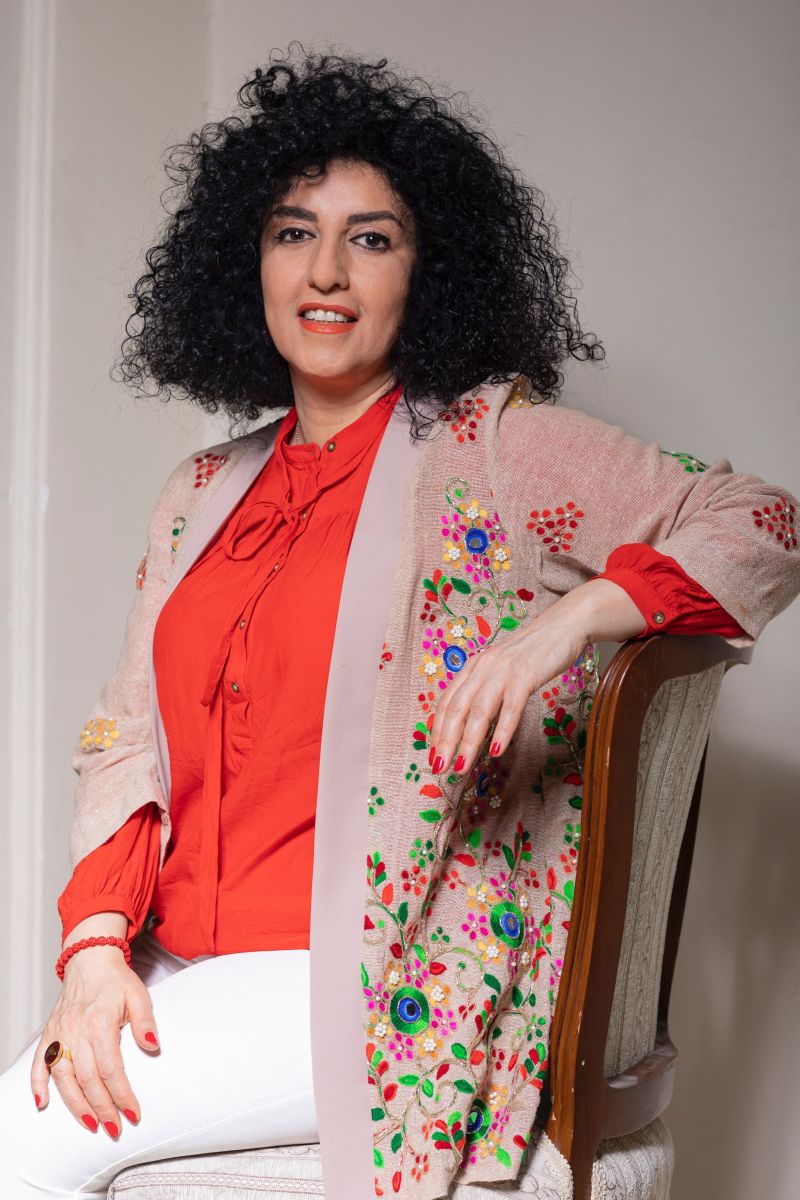
The Tragic Case of Mohammad Ghobadlou: An Iranian Protester Facing Execution

The story of Mohammad Ghobadlou, an Iranian protester with a mental health condition who is facing execution, has sparked outrage and condemnation from human rights organizations around the world. His case sheds light on the harsh crackdown on dissent in Iran and the violation of international human rights standards.
The Case of Mohammad Ghobadlou
The case of Mohammad Ghobadlou, an Iranian protester with a mental health condition, has captured global attention and sparked widespread condemnation. Ghobadlou is facing execution over the death of a local official during Iran's 2022 mass demonstrations. The news of his impending execution has sent shockwaves through the international community, raising concerns about the fairness of his trial and the use of the death penalty against individuals with mental disabilities.
Narges Mohammadi, was awarded the Nobel for “her fight against the oppression of women in Iran and her fight to promote human rights and freedom for all.” She is seen in this photo taken June 25, 2007.
According to his lawyer, Amir Raesian, Ghobadlou's death sentence is set to be carried out on January 23, 2024, following a notification from the Tehran General and Revolutionary Court. This decision has reignited the debate on human rights and the treatment of individuals with mental health conditions within the Iranian judicial system.
The circumstances surrounding Ghobadlou's case are deeply troubling, with allegations of unfair trials, torture-tainted confessions, and a failure to order rigorous mental health assessments despite his documented mental disability. International human rights standards explicitly prohibit the use of the death penalty against individuals with mental disabilities, making Ghobadlou's impending execution a clear violation of these standards.
The Legal and Political Backdrop
Ghobadlou's sentencing to death by Iranian judge Abolqasem Salavati two years ago has drawn attention to the practices of the Iranian judicial system, particularly in cases involving activists, journalists, and political prisoners. Judge Salavati, who has previously been sanctioned by the US for issuing notoriously harsh sentences, plays a central role in Ghobadlou's case, raising concerns about the independence and fairness of the judiciary in Iran.
Amnesty International has criticized the death sentences issued against Ghobadlou, citing grossly unfair sham trials, torture-tainted confessions, and a lack of rigorous mental health assessments. The organization's condemnation of the judicial process in Ghobadlou's case highlights the broader issues of human rights violations and the crackdown on dissent in Iran.
The surge in executions in Iran, particularly in the aftermath of the 2022 mass protests, reflects a broader pattern of government crackdown on dissent and the use of the death penalty to instill fear among anti-regime protesters. The case of Mohammad Ghobadlou exemplifies the challenges facing individuals who speak out against the Iranian regime and the risks they face in seeking justice and accountability.
International Response and Human Rights Concerns
The international response to Ghobadlou's case has been characterized by outrage and condemnation from human rights organizations and advocates around the world. The unjust treatment of Ghobadlou, a protester with a documented mental health condition, has underscored the urgent need for accountability and respect for human rights in Iran.
Narges Mohammadi, a Nobel Prize winner recognized for her advocacy for women's rights and human rights in Iran, has been vocal in her support for Ghobadlou and has called for an end to the use of the death penalty against individuals with mental disabilities. Her advocacy shines a spotlight on the broader struggle for justice and human rights in Iran, where individuals like Ghobadlou face grave injustices and violations of their fundamental rights.
The case of Mohammad Ghobadlou serves as a stark reminder of the urgent need for international pressure and advocacy to address human rights violations in Iran. The international community must stand in solidarity with individuals like Ghobadlou and demand an end to the use of the death penalty against people with mental disabilities, as well as broader reforms to protect the rights and dignity of all individuals in Iran.












